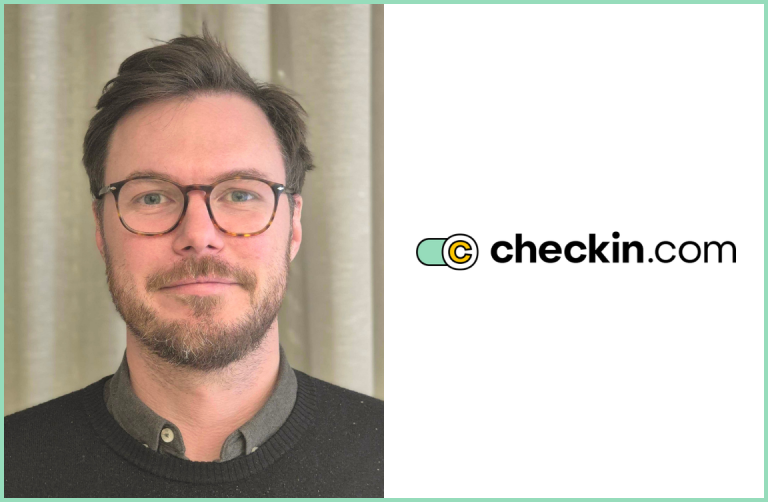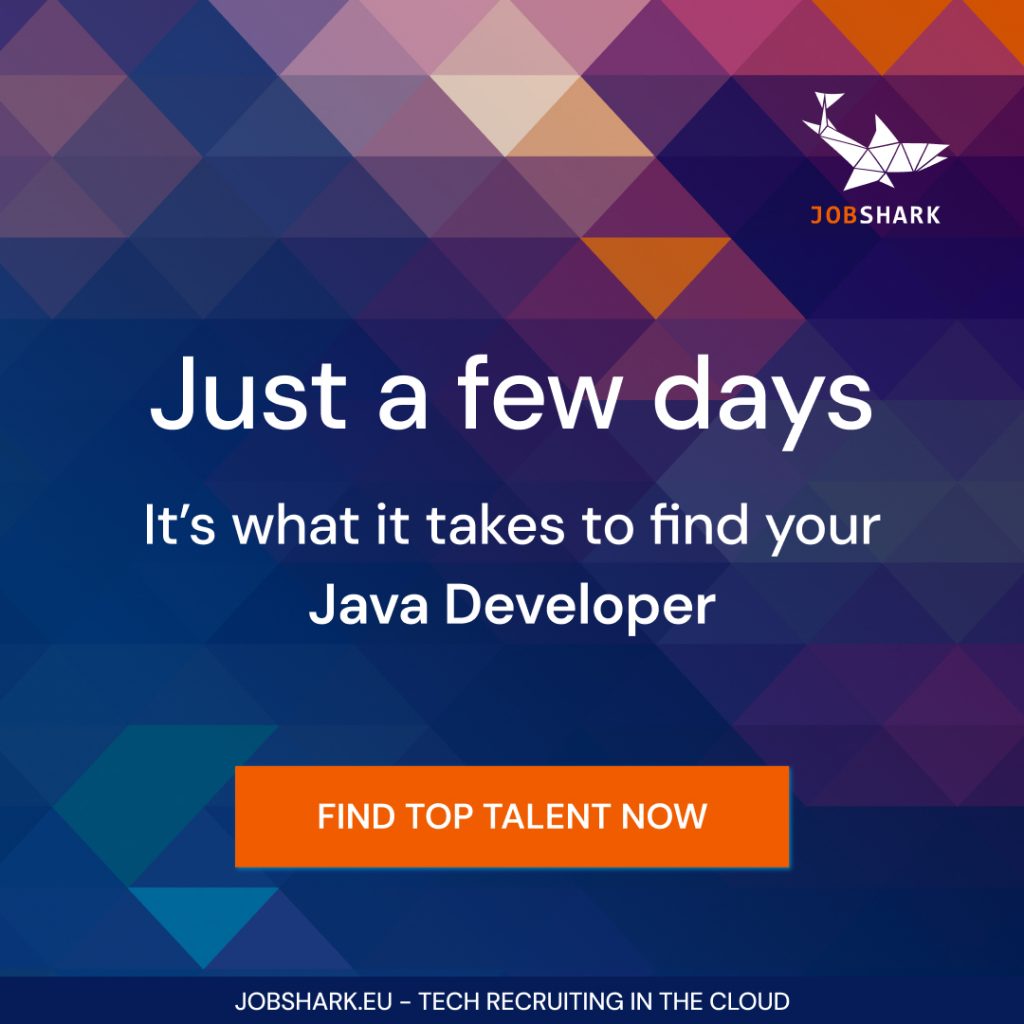Long before the pandemic turned office life upside down, Checkin.com was already pioneering a remote-first approach. Founded in 2017, the Swedish tech company — whose SaaS-platform helps consumers sign up, identify themselves and log in with brands and services online — quickly realized that the best candidates for a niche developer role weren’t in Sweden at all. At that time, then Chief Operating Officer Markus Terland and his colleagues had a eureka moment. In his own words: “That’s when the idea took hold: what if we stopped limiting ourselves by geography and instead aimed to build the best possible team globally?”
Eight years later, the numbers tell a striking story: over 3 million rows of code written, 29 million Slack messages exchanged, and zero internal emails sent. Now leading People, Culture & Growth, Terland shares his insights on remote work in the following interview. He reflects on how remote work supercharges retention, stating, “At Checkin.com, no one has to choose between personal freedom and career growth,” and offers advice on what works and what doesn’t work in a remote-first company. A key piece of advice for others is: “Don’t try to copy-paste office culture into the remote world.”
TechTalents Insights: Can you tell us more about how the staff at Checkin.com started working remotely?
Markus Terland: Checkin.com has been a remote-first company from day one. Interestingly, the decision wasn’t the result of a strategic workshop, it started as a happy coincidence. Early in the company’s journey, we were searching for highly specialized developers in a niche technology area. We quickly noticed that the most qualified applications came from outside Sweden. That’s when the idea took hold: what if we stopped limiting ourselves by geography and instead aimed to build the best possible team globally?
That mindset has remained with us ever since. Rather than asking talent to move to where we are, we decided to meet great people where they live. It’s become a core part of who we are.

TechTalents Insights: What worked, and what didn’t, regarding remote work during that initial phase?
Markus Terland: Back in 2017, remote work was far from mainstream. But since we built our company around it from day one, we didn’t have to adapt to it, we optimized for it. Our early success hinged on three things: Slack, structure, and the right people. We created clear routines and cultural principles that made it work.
For example, everyone “checks in” via Slack when their workday starts. We always use cameras in meetings. If decisions are made in one-on-one chats, those are shared afterward in the right Slack channel so the team stays aligned. And if part of a team is physically co-located during a remote meeting, they still join individually to avoid creating an in-room/remote divide.
One major insight? Don’t try to copy-paste office culture into the remote world. Forced digital afterworks or virtual “fikas” [the Swedish coffee breaks] don’t work for us. We embrace the benefits of remote work instead of simulating an office.
Our early success hinged on three things: Slack, structure, and the right people.
TechTalents Insights: What rules and processes were implemented to support remote work, especially as the team scaled?
Markus Terland: The foundation lies in clarity and trust. Everyone knows what’s expected of them. We’ve built out structured sync updates, robust onboarding programs, and a culture that values transparency. What makes it truly scalable is our focus on autonomy, people are trusted to deliver, and that freedom attracts the right kind of talent.
We’ve also created virtual spaces for casual interaction, off-topic Slack channels, shared playlists, and optional chat threads. These act as our digital “coffee machine,” helping maintain a strong sense of camaraderie even across time zones.
At Checkin.com, no one has to choose between personal freedom and career growth.
TechTalents Insights: What benefits has Checkin.com reaped from being fully remote?
Markus Terland: The biggest win is our ability to recruit globally. We’re no longer constrained to hiring from a specific city or country. This has helped us build a culturally rich and geographically diverse team, which brings different perspectives and drives innovation.
It’s also a key retention factor. People’s lives evolve; they move, start families, or seek new environments. At Checkin.com, no one has to choose between personal freedom and career growth. That’s incredibly powerful.
From a business standpoint, the talent density is remarkable. We’ve been able to assemble some of the world’s best minds in their respective fields. That’s a direct contributor to our ability to build world-leading software, fast, efficient, and with a deep understanding of our global end users.
TechTalents Insights: What strategies are effective for hiring IT professionals remotely? Are there specific soft skills to prioritize?
Markus Terland: Definitely. Communication is everything. Without the natural eavesdropping and hallway conversations of an office, you need people who can express themselves clearly and proactively, both in writing and on video.
We do look for candidates with prior remote experience, but more importantly, we assess their ability to work independently, collaborate asynchronously, and thrive without micromanagement. We’ve developed interview techniques and trial assignments that help us gauge these traits, and we always involve future teammates early in the process.
TechTalents Insights: How have you adapted to remote work yourself? Has it changed your leadership style?
Markus Terland: Yes, it’s made me more intentional and more direct. In a remote setting, you can’t rely on casual check-ins or body language to spot issues or align on priorities. That means I’ve had to become clearer in how I communicate expectations and feedback, both in video calls and written updates.
But the biggest shift is probably mindset: trusting people to manage their time and energy in a way that suits them, not trying to control or monitor, but enabling and supporting.
Remote-first is not just a perk, it’s one of our biggest competitive advantages.
TechTalents Insights: Do you envision Checkin.com ever returning to a hybrid or office-based model? Why or why not?
Markus Terland: Absolutely not. Remote-first is not just a perk, it’s one of our biggest competitive advantages. It allows us to attract global talent, move faster, innovate more, and empower people to live meaningful lives outside of work. It’s deeply embedded in our company culture and our way of thinking.
Forget replicating office life in a digital way, we’re instead creating something smarter, leaner, and truly global. And it’s exactly that mindset that keeps us ahead of the curve in terms of both developing unique software and creating a next generation company culture.
You’re someone who knows the value of great insights
Take the next step by clicking here — join our TechTalents Insights community. Get curated trends and expert takes every other week for free, right in your inbox.




